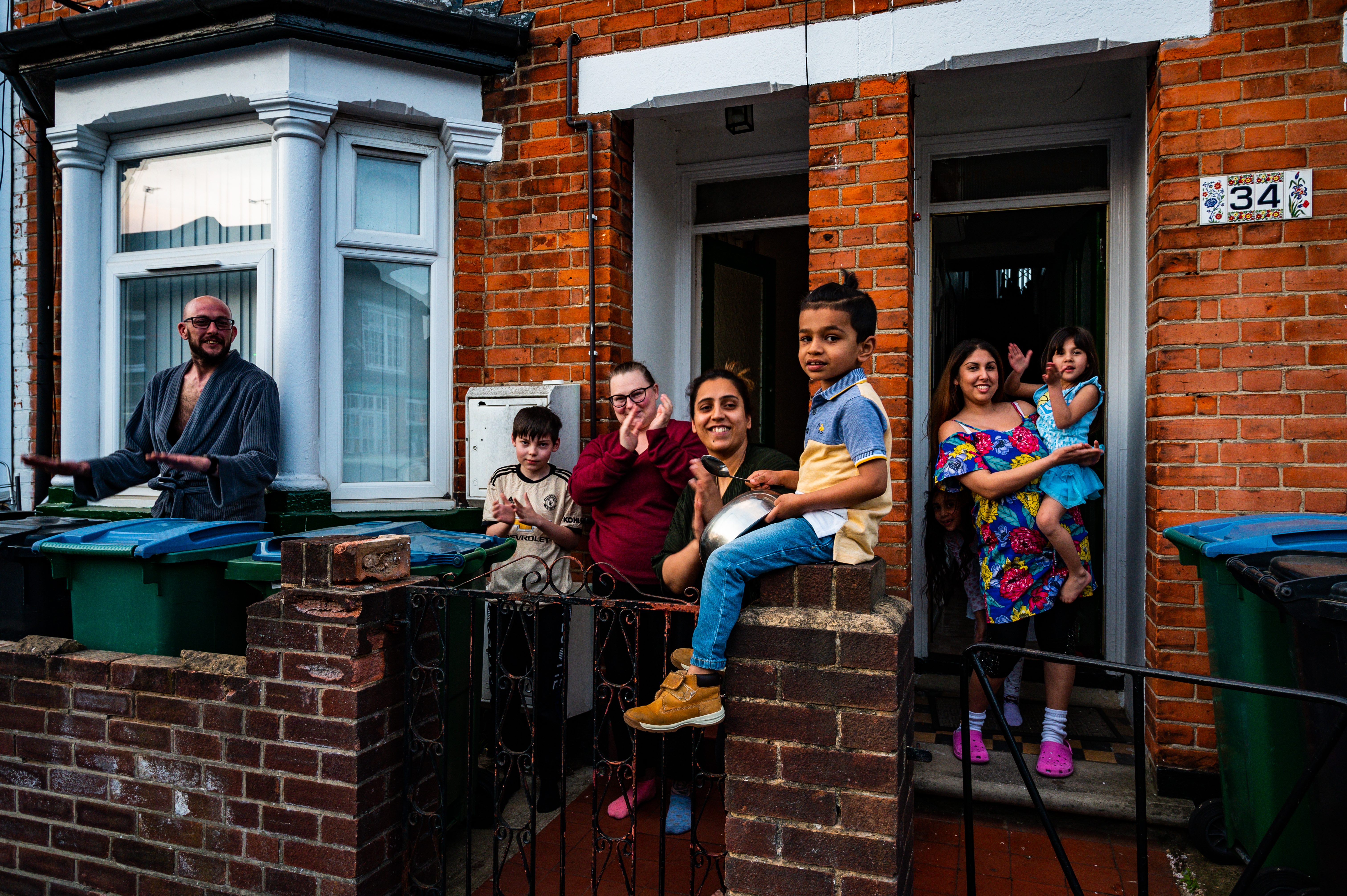The power of communities of place and interest
Posted on 16 Sep 2020 Categories: Blog, Coronavirus, The place we want
by Hannah Ormston

What does community mean to you? Whether it means stopping to catch up with your neighbour in your local park; knowing where to access support if you need it; or feeling involved in decisions about your neighbourhood – in the past five months, the role of the community through the crisis has been well documented and observed.
Our local community and the places we live are intrinsic to our wellbeing. Ensuring that we have everything we need to live well now, and in the future, is key to sustaining and improving societal outcomes. Communities, for the Carnegie UK Trust, should be places that nurture fairness, equality and radical kindness. Before the crisis, we were aware of the power of local, place-based action, and some new positive stories have emerged during Covid-19 that show changes in ways of working between the community and local government.
For a number of years, the Trust has worked on a programme of research and advocacy, examining the conditions required to move towards a more enabling state. The community is central to this shift. An enabling state is one that recognises the value that people, communities and places themselves have, and their capacity to create transformational change. In June, we revisited our 2014 Route Map, articulating seven steps for local government and public services to take as they work with their communities to think about recovery. We considered some of the levers of community action at this time, and reflected on how we can apply these lessons in the months and years ahead.
Perhaps one of the most significant lessons is the power of participation. In the past five months, we have seen how participation and citizen engagement is a real force for change, both among communities of interest and within communities of place. Black Lives Matter, the climate change movement, young people coming together to demand a fair and transparent resolution to disparities in their exam results – these are all national or international in their reach. But many such movements start locally, and some grew their roots before the crisis. Community libraries, fridges, gardens and local ownership bids – to name only a few examples – have been nurturing sustainable communities across the UK for some time. It is true that Covid-19 has accelerated participation in some of our communities, but there were also many untold stories of participation by communities of place and of interest before Covid-19 arrived.
Yet the crisis has also worsened inequalities for many groups, and capacity to self-organise is not a level playing field. During the fire-fighting stage of the pandemic, we saw that those without digital access or reliable internet could not benefit from the many mutual aid support groups appearing online. Nor did they have the opportunity to attend ‘virtual town halls’ or GP appointments from the safety of their own homes.
As we plan for the future, putting the wellbeing of citizens at the centre of decision making will be critical to sustaining fair and equal communities. Our social, economic, environmental and democratic wellbeing are all interconnected. If someone has ample access to green space but cannot access the same services or participate in the same way as their neighbours online, there is something wrong with the way we are living together. In the months ahead, communities and councils need to work together, to recognise the place of community in sustaining wellbeing, and to forge a shared understanding of what’s needed to create a fair recovery that’s inclusive for all.
Hannah Ormston is a Policy and Development Officer at Carnegie UK Trust.
Want to keep up-to-date with our coronavirus coverage? Sign up to our newsletter.
Posted on 16 Sep 2020 Categories: Blog, Coronavirus, The place we want
